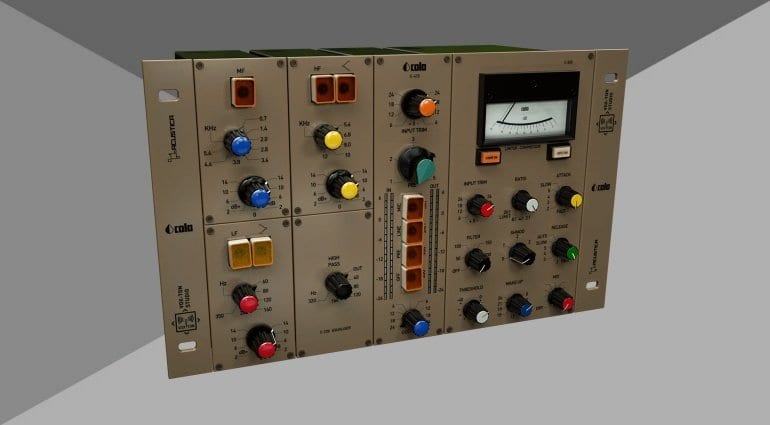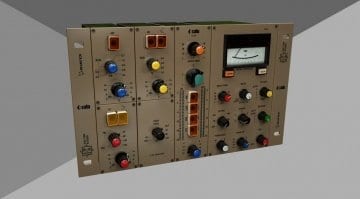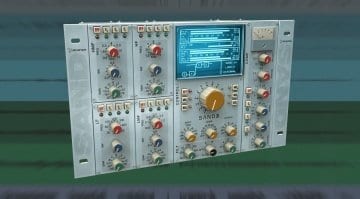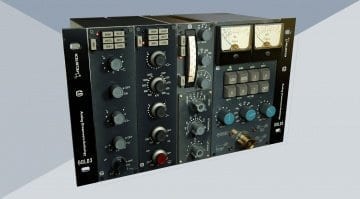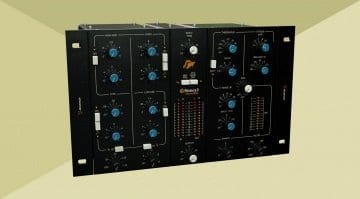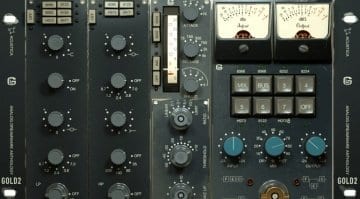Acustica debuts AI presets in its Cola vintage British console emulation
Shortly after the release of its Honey3 American console modeling suite, Acustica Audio debuted another new product called Cola. It’s a collection of plug-ins emulating a ’72 British console, with a twist. For the first time, Acustica has employed deep learning AI tech in the role of simulating the mixing decisions of a real-life audio engineer. This is a different approach to that of developers like iZotope and sonible, which come from algorithmic audio analysis. I haven’t had the chance to test the so-called AI presets included with Cola, but “sampling” humans isn’t something you hear of every day!
Onto the modules
Acustica’s Cola suite comprises the following plug-ins:
- Cola C-228 – a 3-band inductor EQ with high and low-pass filters. It’s said to be one of the best desk models made by the console’s creators.
- Cola C-415 – tube preamp and equalizer, based on a design that saw use on records and film productions from the ’50s and ’60s. The EQ features bass, middle and treble sections.
- Cola C-1671 – 9-band graphic EQ plug-in that recreates a British discrete germanium transistor design from the early ’60s. Notable for its inclusion of a remote control, it saw prominent use in recording studios during the ’60s and ’70s as a coveted piece of outboard gear.
- Cola C-505 – a compressor and limiter plug-in based on a very rare hardware unit. Only four incarnations of it were built for use by the PYE Recording Studio in London. They were made with Marinair input and output transformers (notably used in Neve consoles and modules, as well as desks built for the BBC), Class-A transistors and the new (at the time) OP-amps.
As with all Acustica Audio suites, all plug-ins are accessible individually or inside a standalone channel strip.
AI engineer – the future of presets?
As explained by Acustica, its deep learning technology lets them sample and emulate an audio engineer’s approach to a track or mix. This is combined with psychoacoustic and spectral audio analysis to effectively teach a plug-in how to mix like a pro. In Cola, this is implemented as “AI presets.” The initial release offers only two of these, aimed at orchestral elements and mix buses. Acoustica says there will be more in the future, and that the AI engineer feature is still “extremely experimental”. However, if there’s anything like the “future of presets” out there, this has to be it. If this thing takes off, we’ll be having AI producers giving us starting points instead of producer presets. But I wouldn’t be afraid for my job anytime soon if I was an audio engineer. I’m sure a good few generations of competent audio engineers will get to “teach” AIs their craft.
Price and availability
Back to the present, Cola is being sold at an early access price of EUR 109, down from EUR 159. A trial version is available through Acustica’s Aquarius plug-in manager. You will have to register an account with Acustica, download & install Aquarius, and proceed with getting the Cola trial from there. The plug-ins are available in VST, AU, and AAX formats for Windows and Mac machines.
